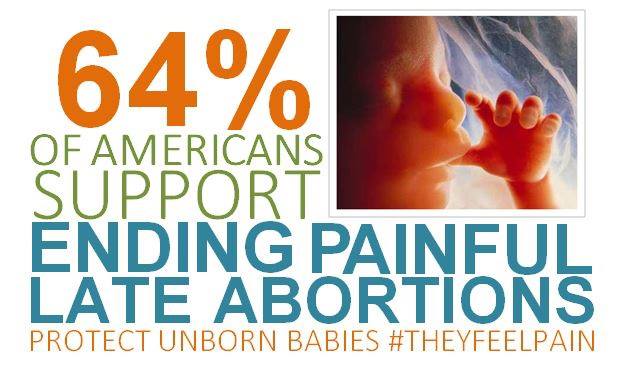The State of Colorado is blatantly violating federal law.
As you may have seen this week, Colorado has begun authorizing people to sell “retail” (or “recreational”) marijuana. They claim they are regulating, taxing, and selling it the same way as alcohol. But there’s a problem.
Marijuana is still 100% illegal under federal law.
States don’t have the luxury of legalizing something the federal government has declared illegal. If Colorado passed a law requiring public school teachers to pray in Jesus’ name at the beginning of every school day, the federal government would intervene to stop them, because the U.S. Supreme Court has said that is illegal; disagree with the government if you want, but that’s what they would do.
Federal laws ares supposed to be constitutionally-grounded statutes passed to govern all states; from a legal standpoint, they are part of what unifies the United States of America. In Colorado, however, enough people disagree with the federal government’s laws against marijuana that they have simply opted to ignore those laws. That’s dangerous.
What if a state suddenly decided, for whatever reason, that laws against cruel and unusual punishment weren’t worth following? Or what if a state unilaterally decided federal laws governing pollution or labor and employment simply weren’t important? Our founding fathers were wise enough to give us multiple ways through which we could change federal laws that are disagreeable or unconstitutional. That’s part of what makes us a free people. Free people do not choose to ignore the laws of the land simply because they are inconvenient; that’s what tyrants do.
Some people claim the federal government doesn’t have the constitutional authority to outlaw marijuana. If that’s the case, then they should take that argument to Congress or to the courts to have the law adjusted. Some people say marijuana is harmless; that’s a myth that has long been debunked–but even if it were true, it would not excuse an entire state from following the law.
The only thing more troubling than Colorado’s decision to buck federal law is the federal government’s apathy over the issue. So far, the federal Justice Department is letting Colorado get away with violating the law. If the federal government can simply choose not to enforce a law Congress has passed, and if a state can blatantly violate it without repercussions, then our nation has crossed over into some very dangerous waters.
If states can violate this federal law, just how many others can they violate?




